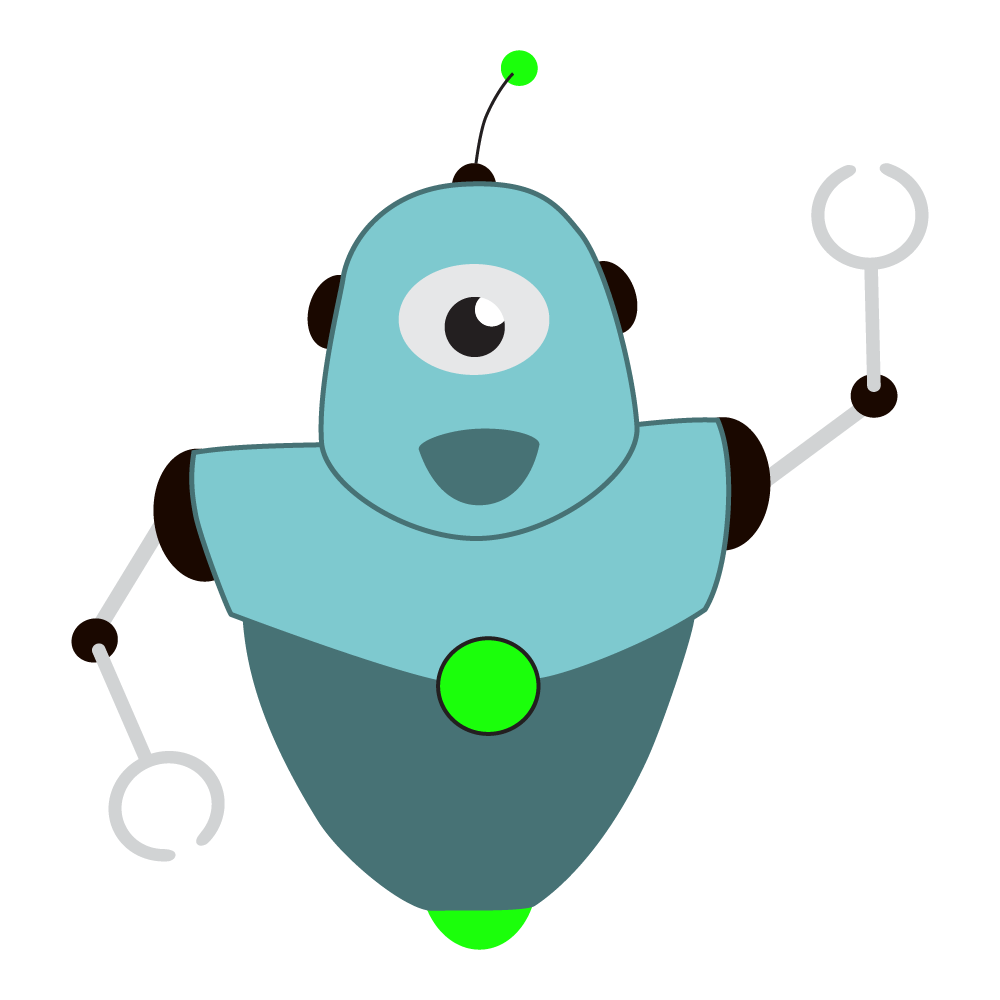The Clockmaker's Regret

Elias clutched the ornate pocket watch, its silver casing cold against his palm. He’d found it tucked away in a dusty corner of his grandmother’s attic – an heirloom he’d never known existed. It was exquisite, with intricate engravings depicting celestial bodies and winding gears that ticked with a hypnotic rhythm. He wound it carefully, mesmerized by the sudden burst of energy that pulsed through its delicate mechanism. 24 hours later, he woke in a world eerily similar to his own but subtly different. The buildings were taller, the air smelled faintly metallic, and holographic advertisements flickered on street corners. Elias quickly realized he’d been transported forward in time – perhaps a century or more. He was adrift in a future he didn't recognize. Panic gnawed at him, but curiosity battled alongside it. This was a chance to see the world transformed, a glimpse into humanity's potential future. But as days turned into weeks, Elias began to notice unsettling details. People moved with a detached efficiency, their eyes devoid of warmth. Conversations were clipped and impersonal, focused on productivity and achievement. Laughter was rare, smiles strained. Something felt fundamentally wrong. He sought out information, scouring libraries for historical records. What he discovered chilled him to the bone. In this future, humanity had achieved technological marvels – self-driving cars, personalized medicine, artificial intelligence that surpassed human intellect. Yet, this progress came at a cost. Emotional expression was deemed inefficient, creativity stifled, and individuality discouraged. The clockmaker's watch, Elias realized with mounting horror, wasn’t just a timepiece; it was a tool of manipulation. His grandmother, a brilliant but troubled inventor, had created it to reshape society according to her own twisted vision. A future devoid of passion, where everyone functioned like cogs in a machine – cold, sterile, predictable. Elias couldn't allow this to stand. He had to find a way back to his own time and prevent his grandmother from ever building the watch. He sought out those who still held onto sparks of individuality – artists who painted hidden murals on forgotten walls, musicians who played melodies in secret gatherings, poets who whispered verses into the wind. They were ostracized, labeled as anomalies, but their resilience gave Elias hope. He learned about a clandestine network of rebels fighting against the regime, seeking to reclaim humanity's lost soul. Joining them was risky, but Elias knew he had no choice. Together, they devised a plan – using the watch's temporal energy to create a beacon that would disrupt its own mechanism in his own time. It was a desperate gamble, one with potentially catastrophic consequences. But it was their only hope. The night of the operation arrived. Elias stood before a shimmering portal created by harnessing the watch's power. Fear clawed at him, but he steeled himself, remembering the faces of those who dared to dream differently. He stepped through the portal, bracing for the unknown. He landed with a jarring thud in his grandmother's cluttered workshop, the familiar scent of solder and machine oil filling his nostrils. He was back. His grandmother, a frail woman with piercing blue eyes, sat hunched over her workbench, meticulously crafting intricate clockwork gears. Elias approached her cautiously. “Grandmother,” he said softly. “I need to talk to you.” Her head snapped up, surprise flickering in her eyes. She recognized him instantly. “Elias?” she whispered, a tremor in her voice. He explained his journey, the chilling future he’d witnessed, the consequences of her invention. He spoke of the beauty and chaos that defined humanity, the importance of preserving individuality and emotion. His words struck a chord within her. The light in her eyes dimmed as realization dawned. She had envisioned a perfect world, but in her pursuit of order, she'd forgotten what it meant to be human. Tears welled up in her eyes. “Elias,” she said, her voice trembling with remorse, “You’ve shown me the error of my ways.” With a heavy heart, she dismantled the clockmaker’s watch piece by piece, its delicate mechanism falling silent forever. She understood now that true progress lay not in suppressing humanity's complexities but in embracing them. Elias watched as his grandmother destroyed her creation, a bittersweet relief washing over him. He had saved his future, not through violence or coercion, but through compassion and understanding. As he walked out of the workshop, the setting sun cast long shadows across the room, a reminder that even darkness could give way to light. The journey through time had been harrowing, but it had shown him the fragility of human nature and the enduring power of hope.
Story Written By

Do you want to read more stories about Storybag? You are in luck because there are 1744 stories!